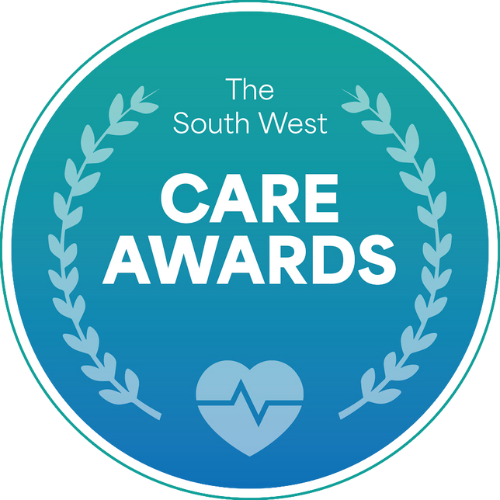)
Alison Laver-Fawcett
Identifying what older people need and want to do to inform goal setting and care plans
In this keynote Alison will discuss assessment with older people to support their participation in the roles and activities they need, are expected, and wish to do. In rehabilitation and care the focus is often on what people need to do and many assessments focus on activities of day living. However, also being able to engage in the things we want to do is important to quality of life, so we need assessments that also explore people’s engagement in leisure and social activities to inform person-centred goal setting and intervention and care planning. Alison will share research and evaluation for an assessment that supports this process. The Activity Card Sort – United Kingdom version (ACS-UK) is a self-report assessment for older people (age 65 years+) to explore their participation in a wide range of activities. It includes 93 cards with photographs of activities which can be sorted in three different ways to inform rehabilitation or care. The ACS-UK is simple to undertake and can be administered by occupational therapists, health and social care professionals or assistants, and activity coordinators. It can be done in a wide range of settings including hospitals, residential or care homes, a person’s own home, clinics and day centres. In an evaluation, clinicians reported the ACS-UK provides a: ‘…detailed account of what the person used to do, now does, how much etc, and also some of the reasoning - this makes it easier to consider … possibilities in enabling the person to engage’. Clinicians also said the ACS-UK helps to build rapport, inform goal setting, enable older people to think about what they would like to do, ‘tease out information that may not normally be covered’, ‘focus interventions in a client centred way’, aid reminiscence, and provide results which can ‘increase care home staff awareness of what the person has done previously and how best to increase their meaningful engagement’. The ACS-UK was found to be particularly ‘…beneficial for service users who do not have language skills anymore…’ and for people with memory problems or low mood who may be difficult to engage with an interview or questionnaire. It can also be used with informal carers to assess how the caregiving role is impacting on the carer’s participation in activities.
Speaker Bio:
Alison is Professor in Occupational Therapy in the School of Science, Technology, and Health at York St John University. She qualified as an occupational therapist in 1986 and has worked as an occupational therapy clinician, researcher, professional lead, service improvement lead, and educator. She has taught and undertaken research at universities in England, Canada, and the USA. Alison’s PhD resulted in the development of the Structured Observational Test of Function (SOTOF), and she has focussed much of her research and writing around occupational therapy and allied health professionals’ assessment and outcome measurement, particularly with older people. This has included the development of the Activity Card Sort – United Kingdom version (ACS-UK) and publication of two textbooks and several book chapters on assessment, including ‘Principles of Assessment and Outcome Measurement for Allied Health Professionals: Practice, Research and Development’ (Laver-Fawcett and Cox, 2021). She is currently Chair of the Research into Occupational Therapy and Occupational Science (ROTOS) Foundation Board and Chair of the Occupational Therapy Europe Foundation Board.
-
17-Jul-2024Keynote Stage Sponsored by Access UKIdentifying what older people need and want to do to inform goal setting and care plans








